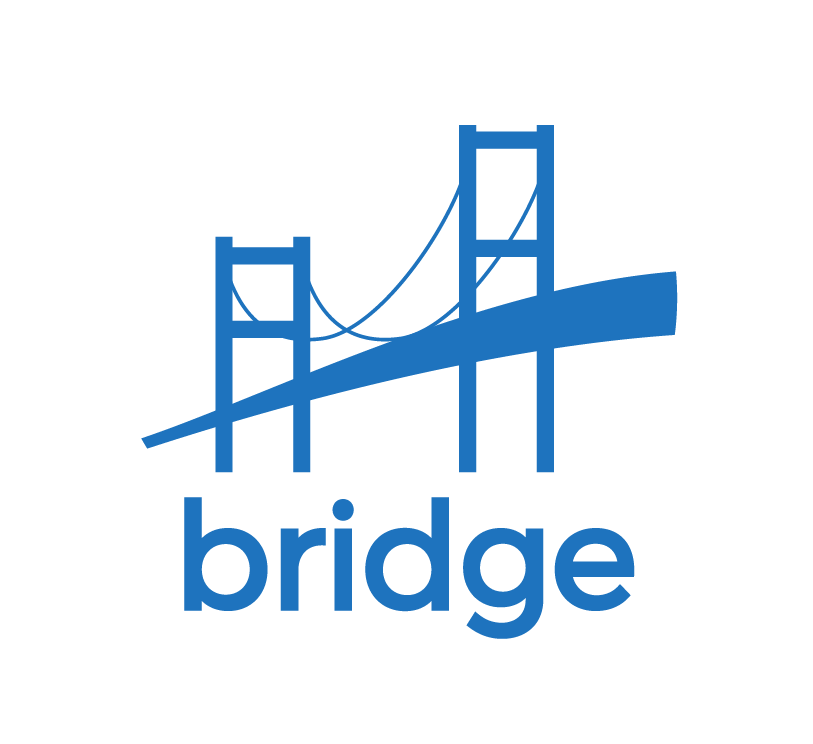Medication has long been the frontline treatment for both child and adult ADHD. But medication can be a big decision for both clients and providers. The good news is that CBT for ADHD has increasingly demonstrated effectiveness as a nonmedication approach. And there are good continuing ed trainings for it out there!
The decision for how to treat ADHD can be difficult for clients and parents. This can be for multiple reasons, including to medication side effects. Recent overdiagnosis in children can also make the decision for medications more difficult. The same is true for common misdiagnosis of ADHD in adults. There is even new research finding additional negative effects of ADHD medications for those who do not actually have ADHD.
CBT for ADHD works to help clients learn ways to improve organization of everyday tasks to better manage routines. This includes time management and communication skills for social impacts. CBT also addresses negative self-concept that can develop over time.
Research has demonstrated this approach is effective to improve functioning in these areas! CBT for ADHD appears to be less effective in managing attention and executive functioning, but research finds it benefits ADHD overall (compared to no treatment). This is even the case without concurrent medication!
There is a good introductory training by the Beck Institute for learning how to do CBT for ADHD with clients.
Pros: This training provides some good initial fundamentals to start a journey of learning CBT for ADHD. It discusses theoretical background and research support to give a good grounding for this approach. The leading institute on CBT at U. Penn is also highly reputable. This institute has a great training network with highly supported trainings.
Limits: This treatment is geared specifically towards children. This target population could be a benefit depending on your needs. Many of the concepts translate to adults, but adult applications require additional translation. Unlike medications, behavioral treatment usually does not show immediate effects (but long-term pay-off abounds).
ADHD can be one those tricky treatment options for clients or parents. It is even easily misdiagnosed! Luckily there is a way to help that has no side effects and mostly costs only time. Research finds that is time well spent.
*bridge dissemination does not currently have relationships with any continuing education organizations or companies nor does it promote the proprietary efforts of any individual continuing education service.









